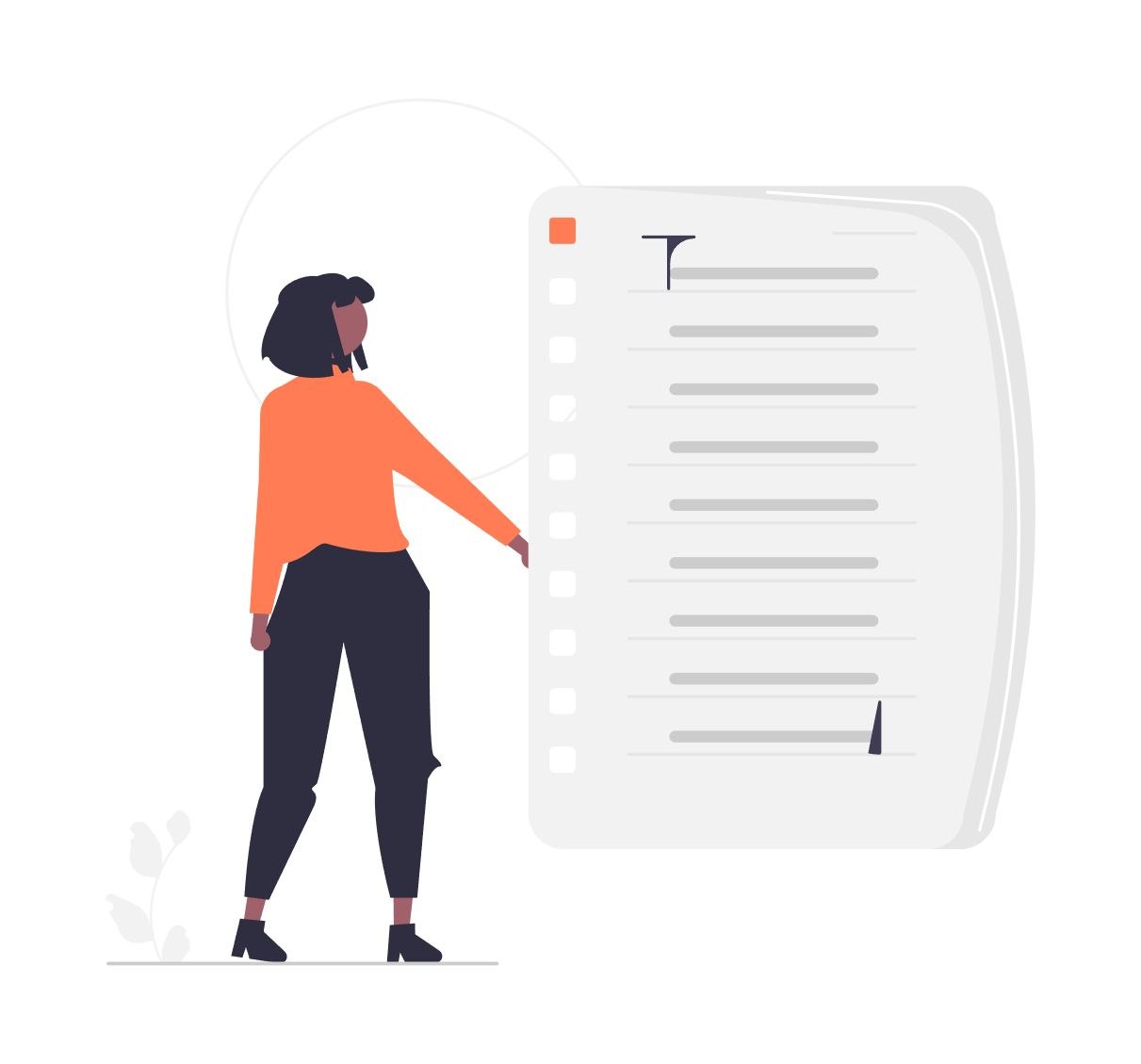Unlock Your English Potential: Mastering IELTS and Other English Tests Through Self-Study
Dreaming of scoring high on the IELTS, TOEFL, or another official English language proficiency test? Self-study can be a powerful tool to achieve your goals, offering flexibility and cost-effectiveness. This guide provides practical, proven strategies to help you conquer these exams and unlock your English language potential. We'll cover everything from effective study techniques to resource management and building confidence.
Creating Your Personalized IELTS Study Plan
A structured study plan is crucial for success. Don't just jump in; plan strategically. Consider these steps:
- Assess your current English level: Take a diagnostic test to pinpoint your strengths and weaknesses in reading, writing, listening, and speaking. Many online resources offer free practice tests.
- Set realistic goals: Determine your target score and create a timeline to achieve it. Break down your overall goal into smaller, manageable milestones. For example, aim to improve your reading comprehension by 10% each week.
- Allocate sufficient time: Dedicate a specific amount of time each day or week to studying, ensuring consistency. Even short, focused study sessions are better than sporadic long ones.
- Choose your resources wisely: Select high-quality materials like official IELTS practice tests, reputable textbooks, and online courses. Avoid overwhelming yourself with too many resources – focus on a few that work best for you.
- Track your progress: Regularly monitor your progress to identify areas needing improvement and adjust your study plan accordingly. Keep a study journal to record your daily activities and reflections.
Conquering Each Section: IELTS Self-Study Strategies
IELTS Reading: Mastering Comprehension
Improving your reading comprehension requires practice and technique. Focus on:
- Skimming and scanning: Learn to quickly identify key information in texts.
- Vocabulary building: Regularly learn new vocabulary, focusing on words commonly used in academic texts.
- Understanding question types: Familiarize yourself with different question formats (multiple-choice, true/false, matching, etc.) and develop strategies for each.
- Practice, practice, practice: Work through numerous reading passages from official IELTS materials.
IELTS Listening: Sharpening Your Ears
Effective listening strategies are essential for success in the IELTS listening test. Consider these tips:
- Active listening: Pay close attention to keywords, paraphrasing, and changes in tone.
- Predicting answers: Anticipate the information you're likely to hear.
- Note-taking: Develop a system for quickly and efficiently taking notes during the listening test.
- Practice with diverse accents: Listen to audio materials with a variety of accents to improve your comprehension.
IELTS Writing: Structuring Your Essays
The writing section requires careful planning and a strong understanding of essay structure. Practice writing essays on various topics, focusing on:
- Clear introduction and conclusion: State your thesis clearly and summarize your main points effectively.
- Well-developed paragraphs: Use topic sentences and supporting evidence to develop your ideas logically.
- Grammatical accuracy: Pay attention to grammar, punctuation, and spelling.
- Vocabulary range: Use a wide range of vocabulary to demonstrate your English proficiency.
IELTS Speaking: Fluency and Coherence
The speaking test assesses your fluency, pronunciation, and vocabulary. Practice speaking regularly, focusing on:
- Fluency and coherence: Speak clearly and naturally, connecting your ideas smoothly.
- Pronunciation: Pay attention to your pronunciation and intonation.
- Vocabulary range: Use a wide range of vocabulary to express yourself effectively.
- Grammar accuracy: Use grammatically correct sentences.
- Practice with a partner: Practice speaking with a friend or tutor to receive feedback.
Utilizing Online Resources for IELTS Self-Study
The internet offers a wealth of resources for IELTS preparation. Explore:
- Official IELTS website: This is your primary source for information and practice materials.
- Online IELTS courses: Many reputable online platforms offer structured courses with practice tests and feedback.
- IELTS preparation books: Use textbooks for additional practice and in-depth explanations.
- YouTube channels: Find channels dedicated to IELTS preparation for tips and strategies.
- Online forums and communities: Connect with other IELTS test-takers to share experiences and support each other.
Maintaining Motivation and Overcoming Challenges
Self-study requires discipline and motivation. To stay on track:
- Set realistic goals: Avoid overwhelming yourself with too much at once.
- Reward yourself: Celebrate your accomplishments to stay motivated.
- Find a study buddy: Studying with a friend can provide support and accountability.
- Seek feedback: Ask for feedback on your practice tests to identify areas for improvement.
- Don't be afraid to ask for help: If you're struggling, seek help from a tutor or teacher.
Remember, success in the IELTS and other English tests is achievable through dedicated self-study. By following these tips, utilizing available resources, and maintaining a positive attitude, you can confidently reach your target score and unlock your future opportunities.


